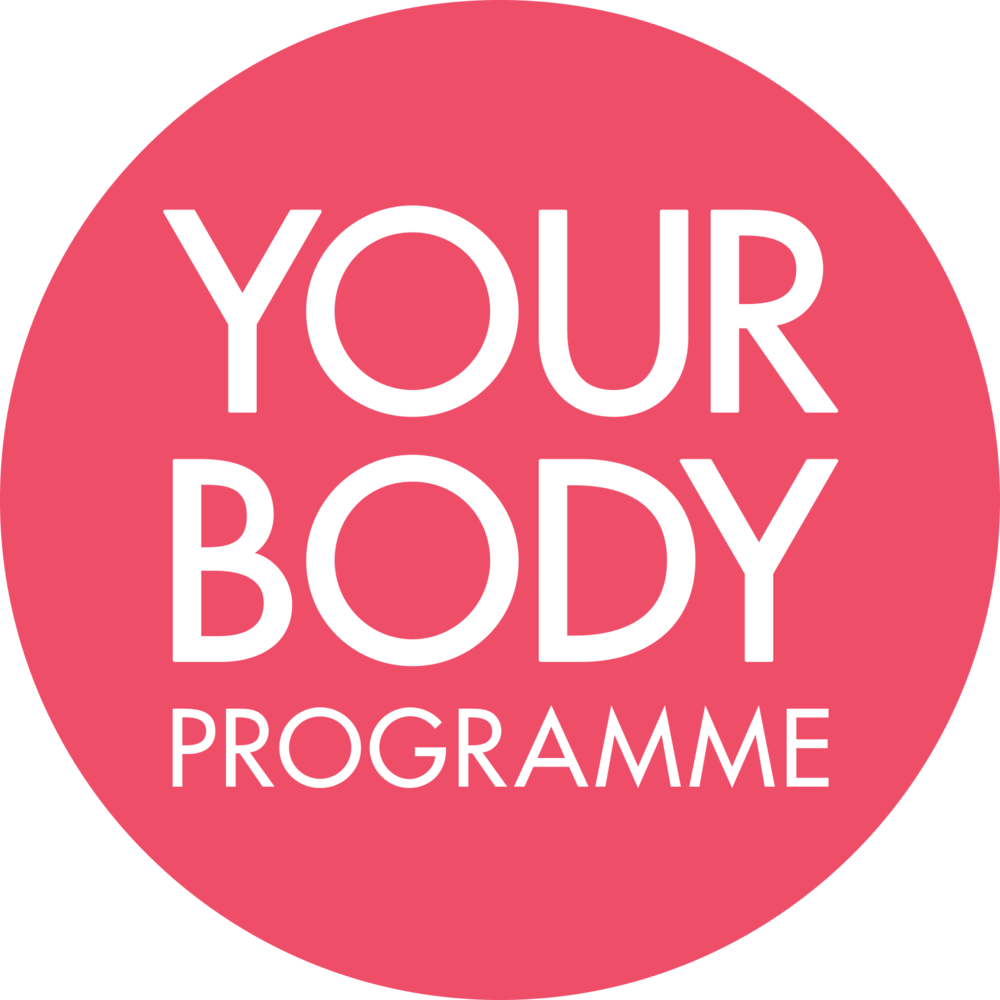CONSTIPATION
WHAT IS CONSTIPATION?
Constipation is a common disorder whereby the contents of the bowel move too slowly through the colon. This condition is characterised by incomplete or infrequent and/or painful bowel elimination.
Normal bowel movements occur 1 to 3 times within an 18 to 24 hour period, the longer faecal material sits in the colon, the harder the stool becomes and the more difficult it is to pass.
The waste products of digestion in the colon contain many harmful toxins that are to be eliminated. If the faeces takes too long to travel the length of the colon some of these toxins are re-adsorbed into the body instead of being eliminated, increasing the toxic load in the body. Ongoing constipation has been associated with a number of disorders such as diverticulitis, appendicitis, ulcerative colitis, IBS, hemorrhoids, hiatus hernias, varicose veins, rectal prolapse and colo-rectal cancer.
SYMPTOMS
Infrequent defecation
Poor concentration
Excessive straining
Back ache
Painful defecation
Water retention
Incomplete emptying
Acne
Skin problems
Abdominal pain or bloating
Anxiety
Fatigue
Malabsorption
Depression
Migraines
Bad breath
Headaches
Coated tongue
Flatulence
Passing small hard stools
CAUSES
Food intolerance and/or allergy.
Emotional stress.
Too much saturated fat in the diet.
Not enough essential fats.
Side effects of drugs including painkillers, hypertensive medication. Use of narcotics, antacids that contain aluminium, antispasmodics, antidepressants, iron supplements, diuretics, and anticonvulsants for epilepsy.
Dysbiosis (an imbalance in bowel flora).
Lack of stomach acid and or digestive enzymes.
Lack of exercise, leading to poor muscle tone in abdominal or intestinal wall.
Changes in life or routine.
Pregnancy, women may be constipated because of hormonal changes or because the heavy uterus compresses the intestines.
Older age may also affect bowel regularity because a slower metabolism results in less intestinal activity and muscle tone.
Traveling, which can lead to normal diet and daily routines being disrupted.
Bowel diseases.
IBS (Irritable Bowel Syndrome, a condition characterised by altering periods of diarrhoea and/or constipation).
Diverticulosis.
IBD (Inflammatory Bowel Disease).
Laxative dependency, which reduces peristalsis (the wavelike muscular contraction of the intestines). Laxative chemicals and herbs that induce bowel movements quickly, sometimes violently, irritate the bowel and can cause cramps and diarrhoea that may lead to laxative effects.
AVOID
Avoid saturated fats, red meat and dairy products since these promote fluid secretion by mucus membranes.
Avoid protein - from red meat, dairy foods and eggs since these can contribute to constipation.
Avoid stimulants - coffee, tea and sugary carbonated drinks. Caffeine drinks can have a dehydrating effect on the body and slow digestion that can contribute to constipation.
Avoid carbohydrate foods - high in fast releasing sugars such as unrefined grains, confectionary, cakes and biscuits since these foods promote dysbiosis. Avoid wheat especially wheat based breakfast cereals, wheat bran and pasta. In severe cases of constipation eliminate all gluten grains.
ACTIONS
Protein - increase vegetable sources of protein (pulses, lentils, rice, quinoa and soya products) and good animal proteins (lean organic chicken, turkey and fish). Include live yoghurt with no added sugar to encourage healthy gut flora.
Fibre - consume plenty of fibre to encourage gut motility and peristalsis. Soluble fibre from vegetables, fruits (apples, pears, banana), seaweed, lentils and pulses help with slowing sugar absorption. Foods rich in insoluble fibre include barley, oats, oat bran, prunes, figs, these hold water and brings bulk to the faeces and are particularly useful when constipated. Prune juice or soaked prunes on a daily basis can be a great help. Introduce fibre foods slowly to prevent excessive wind.
Fluids - it's important to increase fluid intake when also increasing fibre in the diet. Drink two litres of water daily, taken away from meals and sipped slowly to avoid stress on the kidneys. For variety drink sugar free fruit juice.
Fats - include fresh nuts and seeds, cold pressed oils and oily fish to supply essential fatty acids.
Carbohydrates - increasing whole grains such as brown rice, millet, buckwheat and quinoa which are all excellent sources of complex carbohydrates.
Identify possible food Intolerance/allergy.
Identify possible under active thyroid.
Identify possible Dysbiosis (an imbalance in bowel flora).
LIFESTYLE RECOMMENDATIONS
Exercise - a lack of exercise can lead to poor muscle tone in abdominal or intestinal wall. include an exercise programme to be followed at least three days a week.
Listen to your body - don’t ignore the call to empty your bowel.
Reduce stress- identify any areas of stress, adopt more effective time management to allow time for relaxation. Join a relaxation/yoga class and even counselling or employing a life-manager.
Eating - consume small regular meals and chew thoroughly to relieve any strain on the digestive system.
Massage - abdominal massage in a clockwise direction around the tummy button can help.

